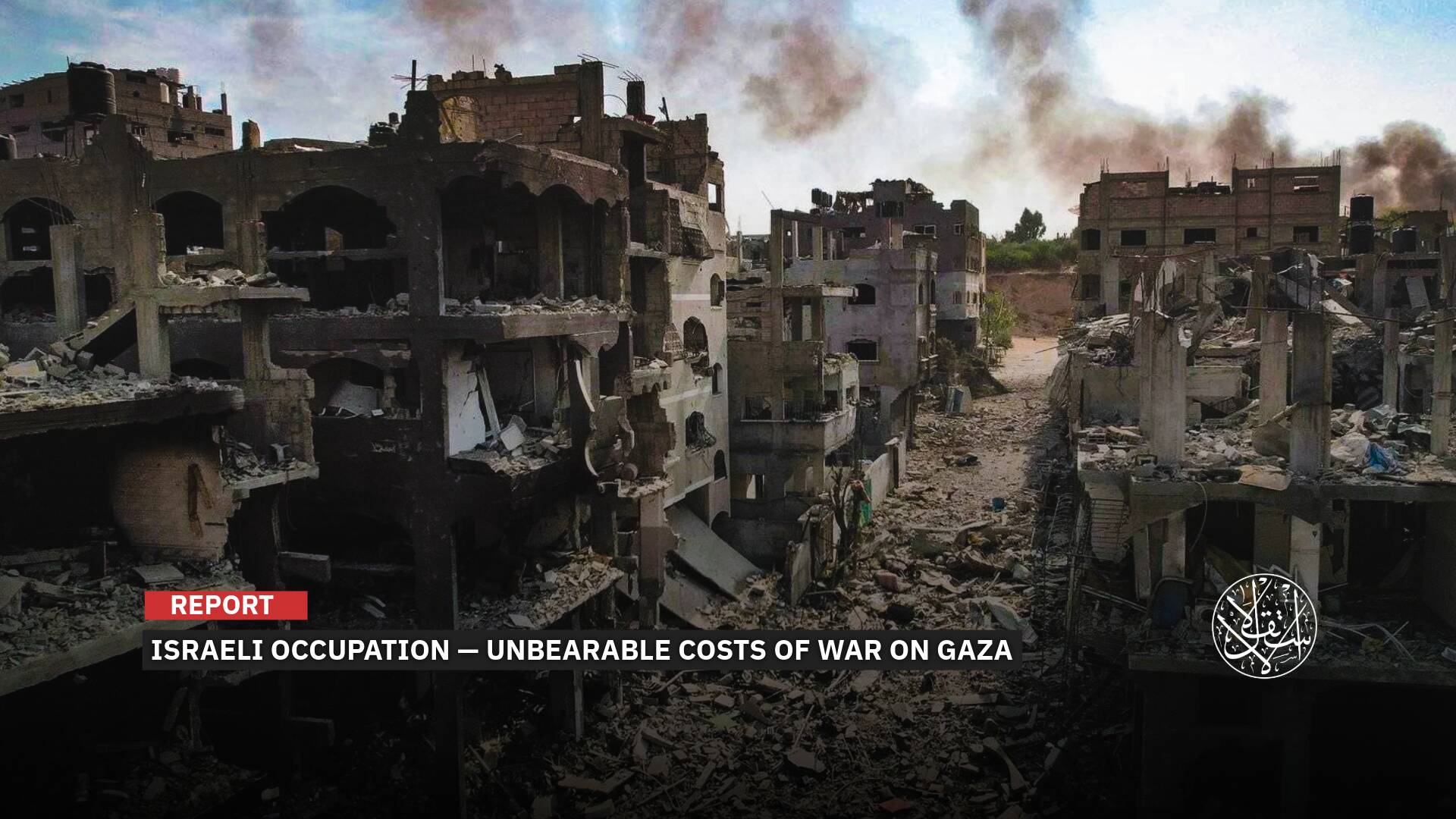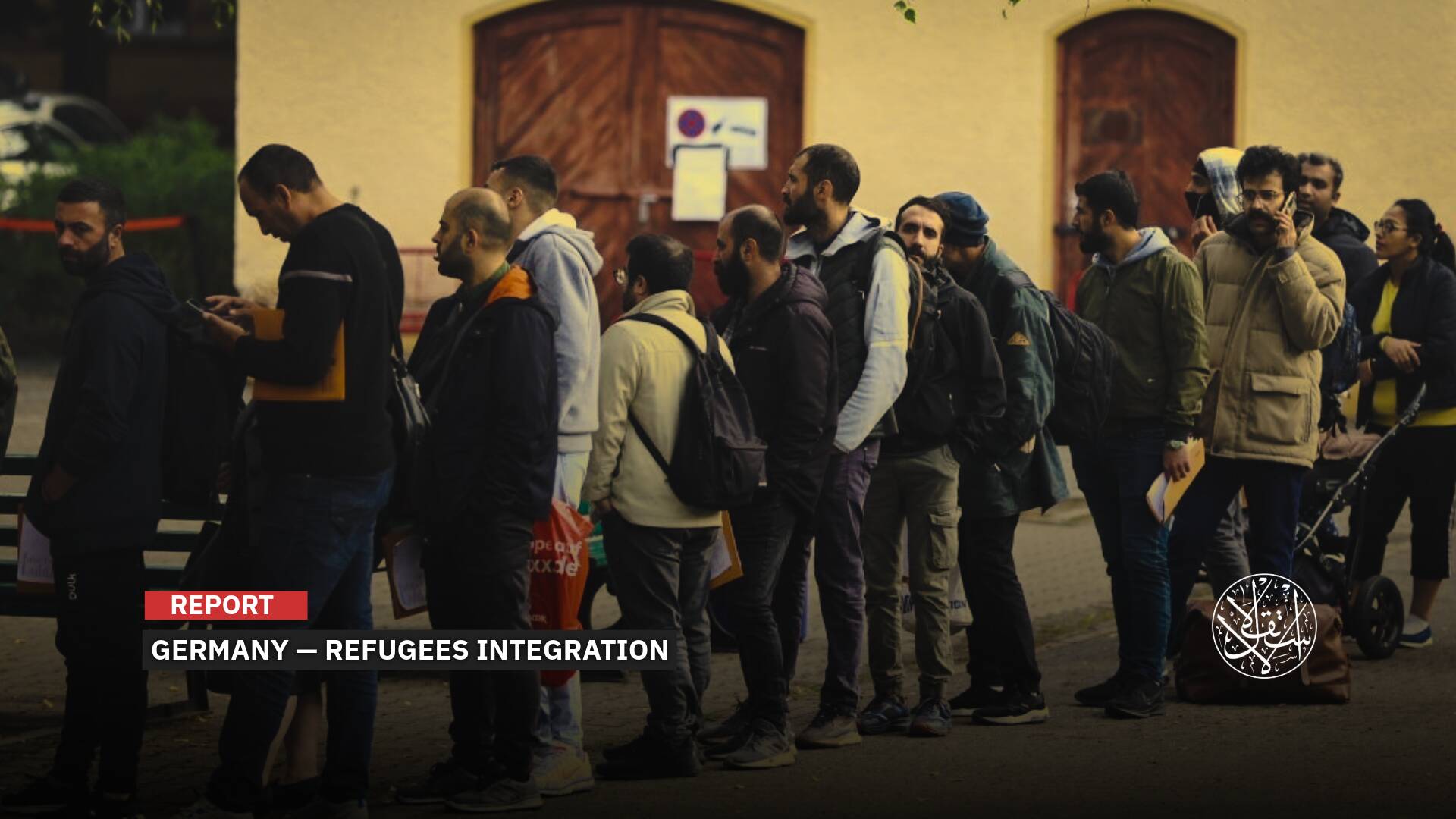Why Yemeni Families Increasingly Resort to Child Marriage?

Being the poorest country in the Middle East, Yemen is suffering from high unemployment, rampant corruption and decay, and unrestrained human rights abuses. Child marriages are one of these widespread abuses. According to a nationally representative survey conducted by the Yemeni government and the United Nations Children’s Fund (UNICEF) in 2006, “14 percent of girls in Yemen are married before reaching age 15, and 52 percent are married before 18.” Not only this, a 2005 study by Sanaa University announced that girls as young as eight are married, in some rural areas.
Marriage at 12
In 1999, Yemen’s parliament abolished article 15 of Yemen’s Personal Status Law, which set the minimum age for marriage for boys and girls at 15, because of religious grounds. Now, Yemen has no minimum age for marriage. Boys or girls can be married at any age, but in reality, girls are the most often married young. The only good thing for article 15 of the Personal Status Law is the protection offered to girls which is the prohibition on sexual intercourse until they reach puberty. However, according to Human Rights Watch, this prohibition does not really guarantee protection. Sometimes girls are subjected to marital rape before puberty.

Instead of playing, laughing; studying, and learning how to be happy, instead of having friends, discovering the things, the stars, the sun, and people around them, they find themselves responsible for a family and reach adulthood while still kids. Child marriage is like a coping mechanism as parents marry off their daughters because they believe a husband’s family can be better protection for them and sometimes they just want to get rid of the cost of their care.
This simply happens by telling the little girl that it is time to get married, explaining that marriage is a form of protection for her and that there is no place for a girl better than her husband’s house. This is the way parents convince their children. At that time, the child does not even know what marriage is, or husband, and what is a better place. Later, the kid brides discover that marriage cannot protect them from violence and it is not “ a better” place to be into.
Dangerous Future
The outcomes of child marriage can be devastating and long lasting. Many child brides become pregnant and have children soon after marriage. As girls with little education and power in their marriage, they can barely control how many children they have, or when they have them. This increases their risk of reproductive health problems. They can be nowhere but at home and they are not permitted to go out and work. So their low social status makes them more vulnerable to abuse.

Reproductive health studies show that “young women face greater risks in pregnancy than older women, including life-threatening obstructed labor due to adolescents’ smaller pelvises.” In fact, Yemen has the highest rates of maternal mortality in the region. The shortage of prenatal and postnatal healthcare services, especially in Yemen’s rural areas, put girls’ and women’s lives at risk and in real danger. An important number of Yemeni women still give birth at home, often without the help of a medical assistant who could handle childbirth emergencies. Girls who marry young often have insufficient information on family planning, they still want to play with dolls. As young wives they find it difficult to carry a baby because they are still babies themselves and they still need their moms.
Gender-Based Violence
Child marriage can strongly expose young girls to gender-based violence, including sexual violence and domestic abuse. A 2002 official survey on domestic violence in Yemen showed that “17.3 percent of respondents had experienced sexual violence, 54 percent suffered physical abuse, and 50 percent verbal threats.” As a matter of fact, domestic abuse, physical or emotional assault at home, often isolates girls from their family and friends, so they are prevented from demanding help and conveying the abuse message.
Many parents force girls to leave school in Yemen when they reach puberty, or even earlier in rural areas. Actually, 80 percent of Yemen’s population lives in rural areas so most parents believe that girls should help with household and farm chores. Moreover, the lack of female teachers and separate school infrastructure for girls may be a strong reason for them.

However, the parents also take girls out of school early to prepare them for marriage. After being engaged, very few girls continue their education. In doing so, girls who lack a formal education will have less opportunities to work and be financially independent. Yemeni society does not consider school an avenue to future social and economic stability, so it is not important for girls to be at schools and continue their studies. They are instead forced to marry due to prevailing gender inequalities. Indeed, girls are seen as an economic burden, and families privilege a son’s education over a daughter’s.
One UNICEF Official noted that “school dropout is often because of economic issues. Families are aware of education but because of economic pressures and social norms, they usually prefer sending boys.”












